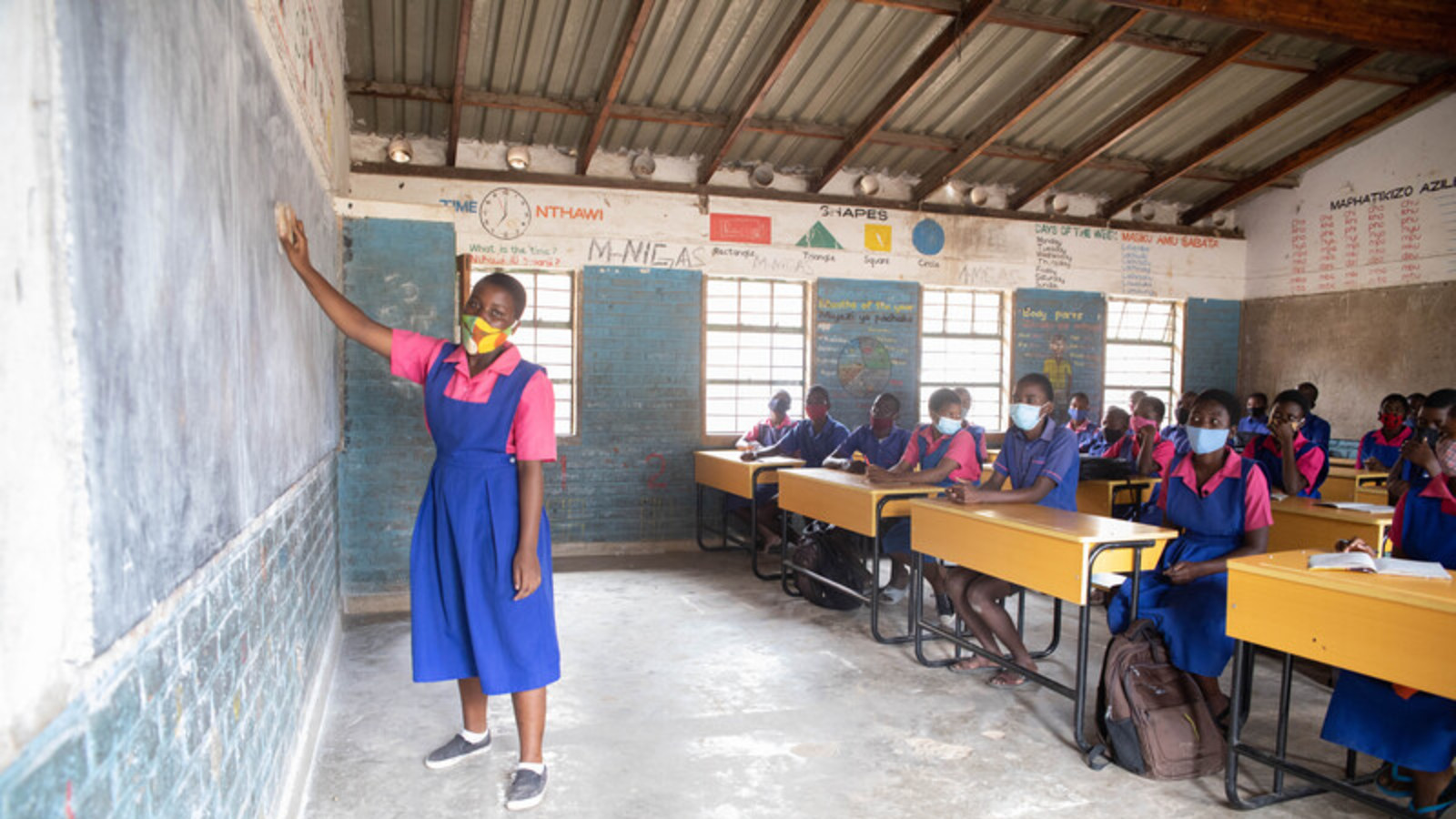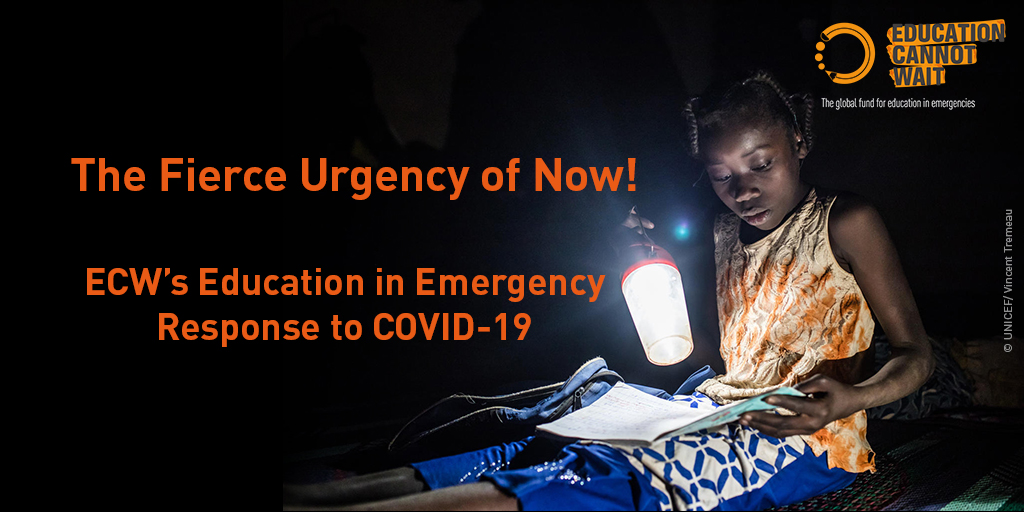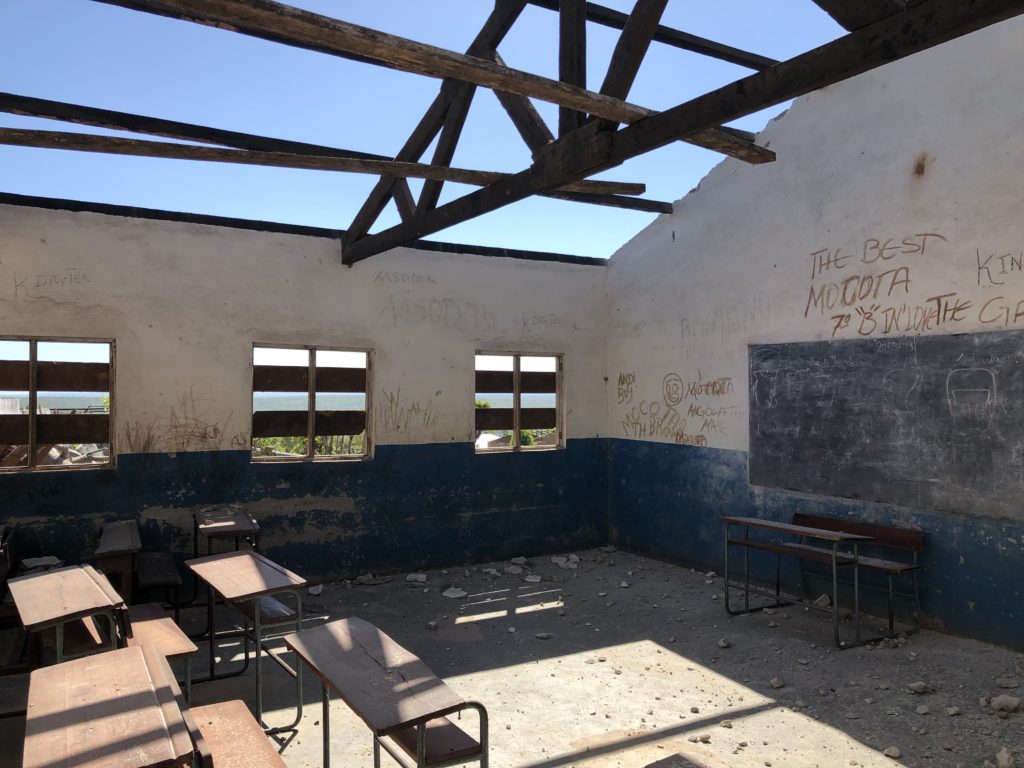ECW in Malawi
In 2019, violent cyclones ravaged Malawi, a nation still recovering from previous floods. The storms devastated entire communities creating urgent humanitarian needs in terms of public health, nutrition, protection, sanitation and education in emergencies. Many schools were destroyed, leaving thousands of children out of the classroom, deprived of stability and security. Education Cannot Wait (ECW) addressed the crisis through a regional emergency response also covering Comoros, Mozambique and Zimbabwe. The Fund’s support focused on rebuilding schools; providing educational supplies; promoting disaster resilience messaging; training educators to address the psychosocial needs of students; increasing enrolment; and creating disaster mitigation strategies.
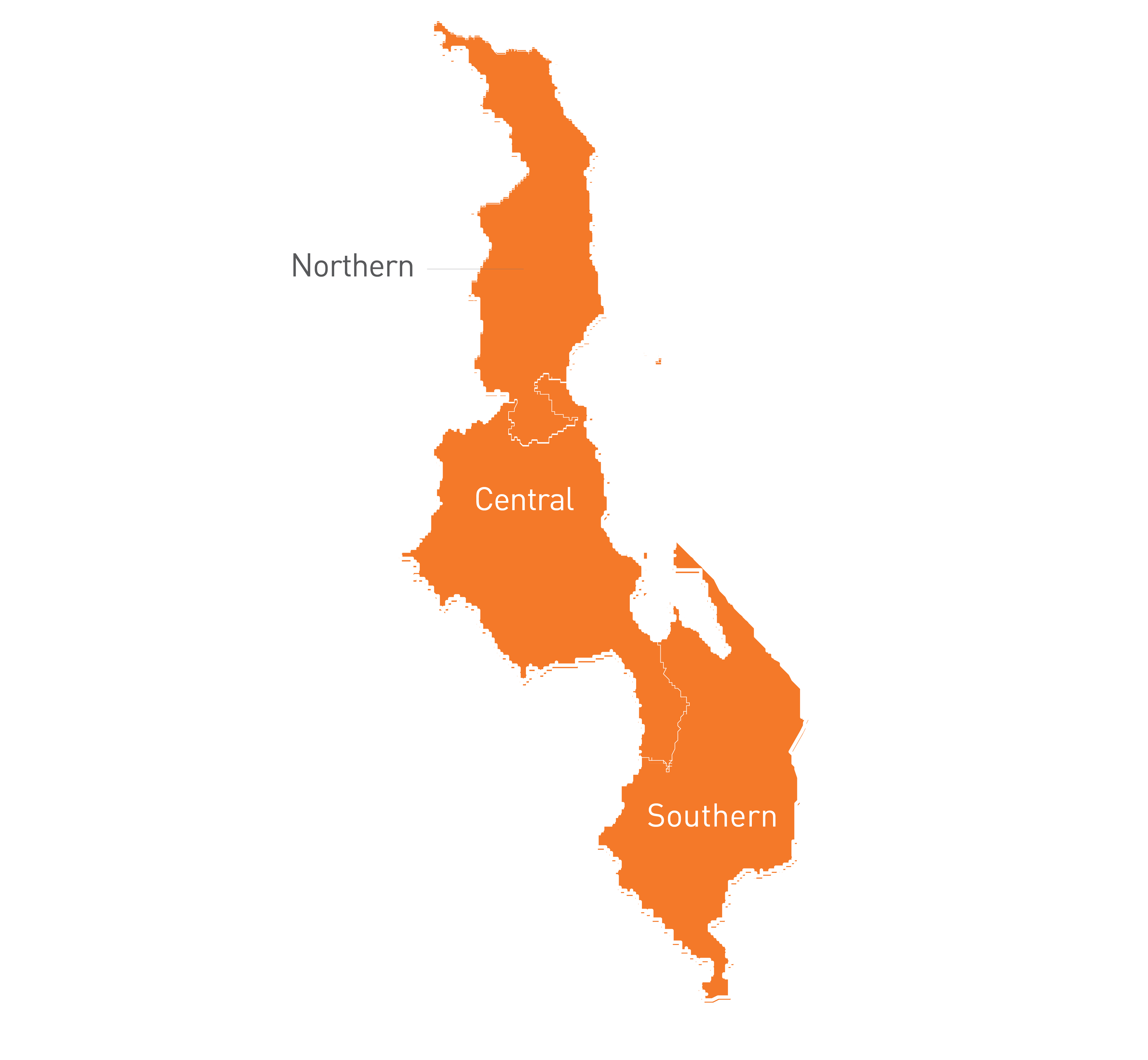
Investments
Financial Information
National Counterparts
Ministry of Education, Science and Technology, Ministry of Disaster Preparedness, Department of Public Works
Results
COVID-19 Results
Programme Info
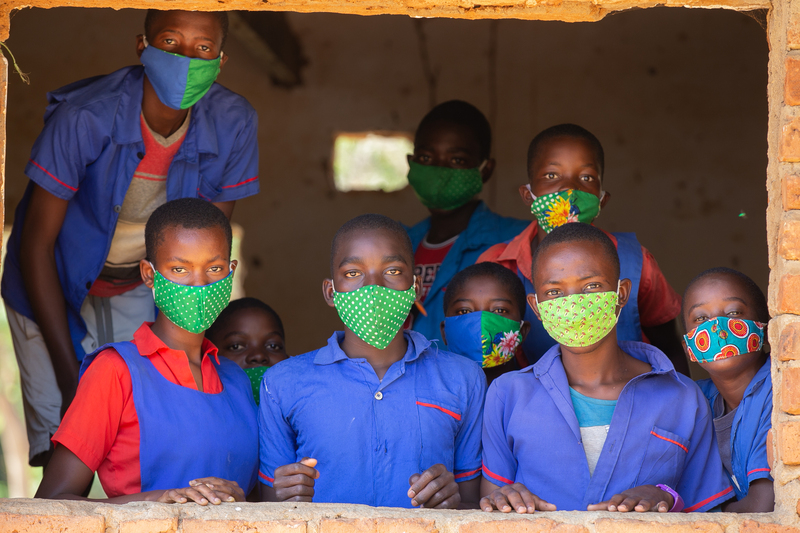
Malawi was already struggling with the impacts caused by previous flooding when the cyclones hit the country. These climate-induced disasters further escalated health, nutrition, protection, sanitation and education in emergencies. The crisis devastated communities as families lost their homes and were displaced by the disaster. Schools across the nation were damaged or destroyed, leaving thousands of students out of the classroom and putting them at risk of never returning. This disruption has also caused academic achievement and enrolment rates to plummet.
ECW’s First Emergency Response (FER) supported a swift return to learning for affected children and adolescents. The programme included damaged school reparations; the provision of educational supplies to communities; the distribution of life-saving messaging on disaster risk reduction (DRR); and the training of education personnel on psychosocial support for students. It also supported communities to ensure continued enrolment, and the government to implement disaster mitigation strategies.
Programme Components
- Disaster risk reduction training and support. Training on DRR topics was provided to education personnel, mapping and plans were developed, implemented and monitored in coordination with grantees, civil society organizations and government stakeholders.
- Ensuring continuity of education. Helped to mitigate the long- and short-term impacts of education loss. With the support of grantees, national authorities advanced towards the creation of effective and robust disaster mitigation strategies that align with education plans. Grantees also provided holistic incentives for children to re-enrol and remain in school, including the payment of school fees and school-feeding programmes.
- Making physical improvements to schools. Grantees rehabilitated and built classrooms and temporary learning spaces and identified additional spaces in need of rehabilitation. Latrines were constructed to promote hygiene. Sanitation and the provision of safe water stations contributed to controlling the cholera health emergency caused by the cyclones.
- Producing public awareness campaigns. Supported the development of education awareness, disaster preparedness and health campaigns to reach thousands of people across the region and prepare for future events.
- Providing quality learning resources. Grantees distributed individual learning materials to children and learning resources to classrooms. The learning resources were designed to improve the quality of education inside and outside the classroom.

